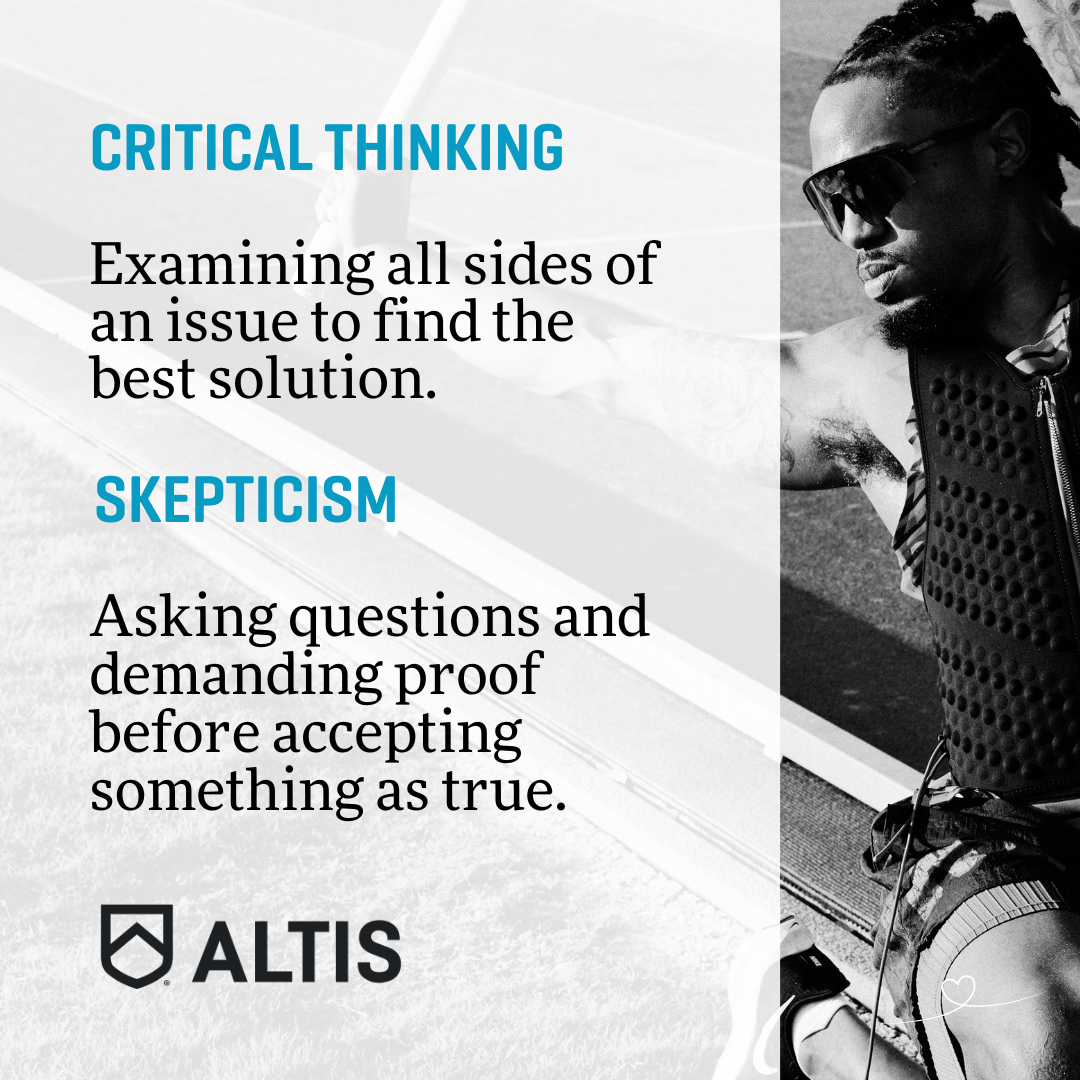The Delicate Balance: Skepticism vs. Cynicism in Sports Medicine
In sports medicine, the debate over therapeutic methodologies stretches between rigorously evidence-based practices and those rooted in tradition yet lacking empirical support. This ongoing discussion not only highlights the diversity of treatment approaches but also underscores the critical need to navigate thoughtfully between evidence, experience, and innovation.
Understanding the Debate
At the heart of this debate is the role of treatments like acupuncture. Despite its absence in stringent clinical trials, acupuncture has been a staple in healing practices for centuries, offering relief and results to countless individuals. This scenario prompts a broader conversation about how we value and integrate different forms of evidence and experience within sports medicine.
The Spectrum of Evidence and Exploration
On one end, some practitioners advocate exclusively for therapies validated by strict scientific research, potentially overlooking the benefits of methods like acupuncture due to their perceived empirical gaps. While the commitment to scientific rigor is commendable, this rigid stance may inadvertently lean towards cynicism. It risks dismissing the potential merits of practices not yet fully embraced by contemporary scientific standards. Those firmly in this camp might find their options limited, constrained by stringent evidential requirements and a hesitancy to venture beyond them.
Conversely, the other extreme includes practitioners who readily embrace treatments lacking significant scientific backing, risking the incorporation of pseudoscientific or ineffective methods. This approach, though often guided by good intentions, highlights the importance of a discerning, evidence-informed mindset.
Navigating Perspectives: Criticism, Skepticism, and Cynicism
The fine line between being critical, skeptical, and cynical illuminates this debate. Being critical involves thoughtfully assessing situations to identify both strengths and improvement areas, aimed at enhancing outcomes. Skepticism, distinct from cynicism, involves questioning and doubt with a purpose: to understand and ascertain truth. Skeptics wield a critical mindset, demanding evidence and reasoning before validation, fostering an environment ripe for evidence-informed decisions.
Cynicism, however, carries a more negative connotation, stemming from a distrust of motives and a readiness to dismiss new ideas without thorough examination. This attitude can stifle opportunities for growth, learning, and embracing potentially beneficial treatments due to a preset expectation of disappointment.

FINDING THE MIDDLE GROUND IN PRACTICE
The most effective path in sports medicine lies in the intersection where critical evaluation meets skeptical inquiry, unbounded by the current evidence limits yet open to exploring and validating effective treatments. This middle ground allows practitioners to:
- Critically assess both traditional and emerging therapies for their practical benefits.
- Adopt a skeptical mindset that values evidence while remaining receptive to new advancements.
- Avoid cynicism by staying open to the efficacy of less traditionally validated treatments, appreciating the blend of historical insight and scientific inquiry.
Moving Forward
By navigating these perspectives with care and consideration, we ensure our practices remain innovative, adaptive, and most importantly, centered on the well-being of those we serve.
Embracing the complex interplay of evidence, experience, and innovation sets the stage for a future that honors our collective knowledge while continuously seeking out the evidence that drives us forward.


